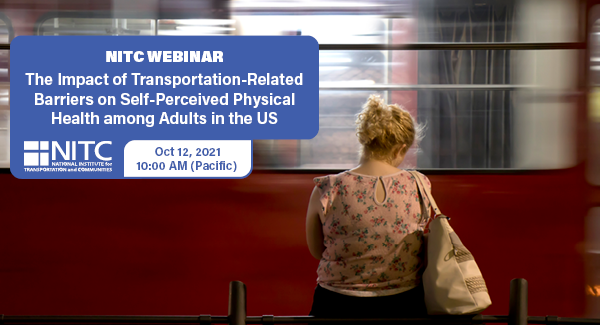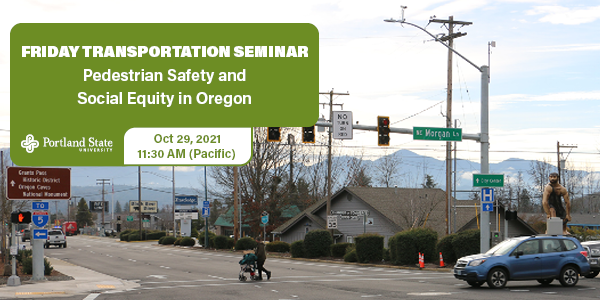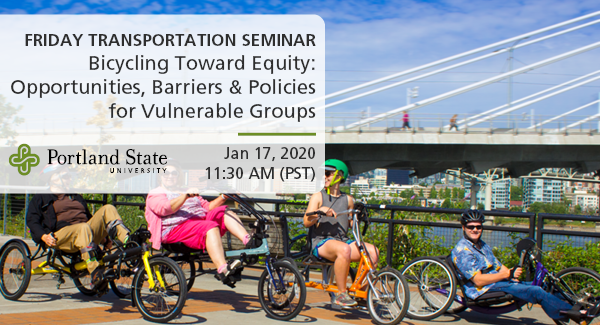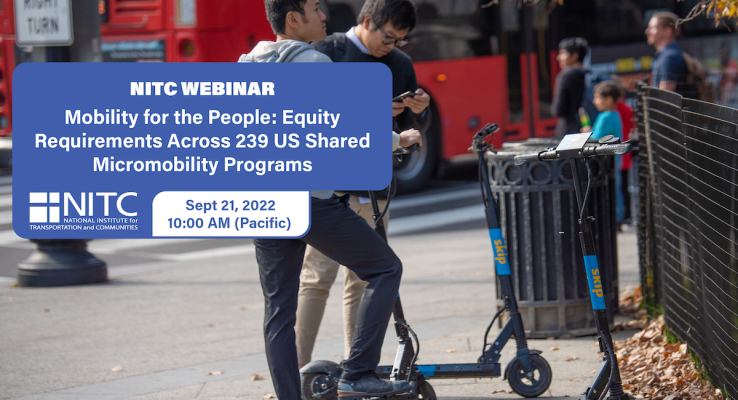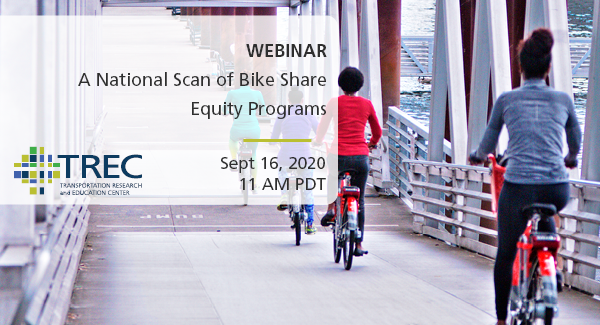PRESENTATION ARCHIVE
OVERVIEW
Drawing from the framework of social determinants of health, the objective of this study is to investigate the cross-sectional association between transportation-related factors and self-perceived physical health among adults in the U.S.
Data for this study were derived from the 2017 National Household Travel Survey. An analytic sample of 71,235 respondents aged 18 and 64 years was analyzed using binary logistic regression. Of the 71,235 respondents examined, 8.9% perceived their physical health to be poor. About 36% of the respondents had fewer vehicles per individuals in the household.
Controlling for the effects of other factors, respondents who had fewer vehicles per individuals in the household were 1.27 times more likely to report poor self-perceived physical health when compared to their counterparts with more vehicles per individuals in the household (AOR=1.27, 95% CI=1.17-1...
Read more
